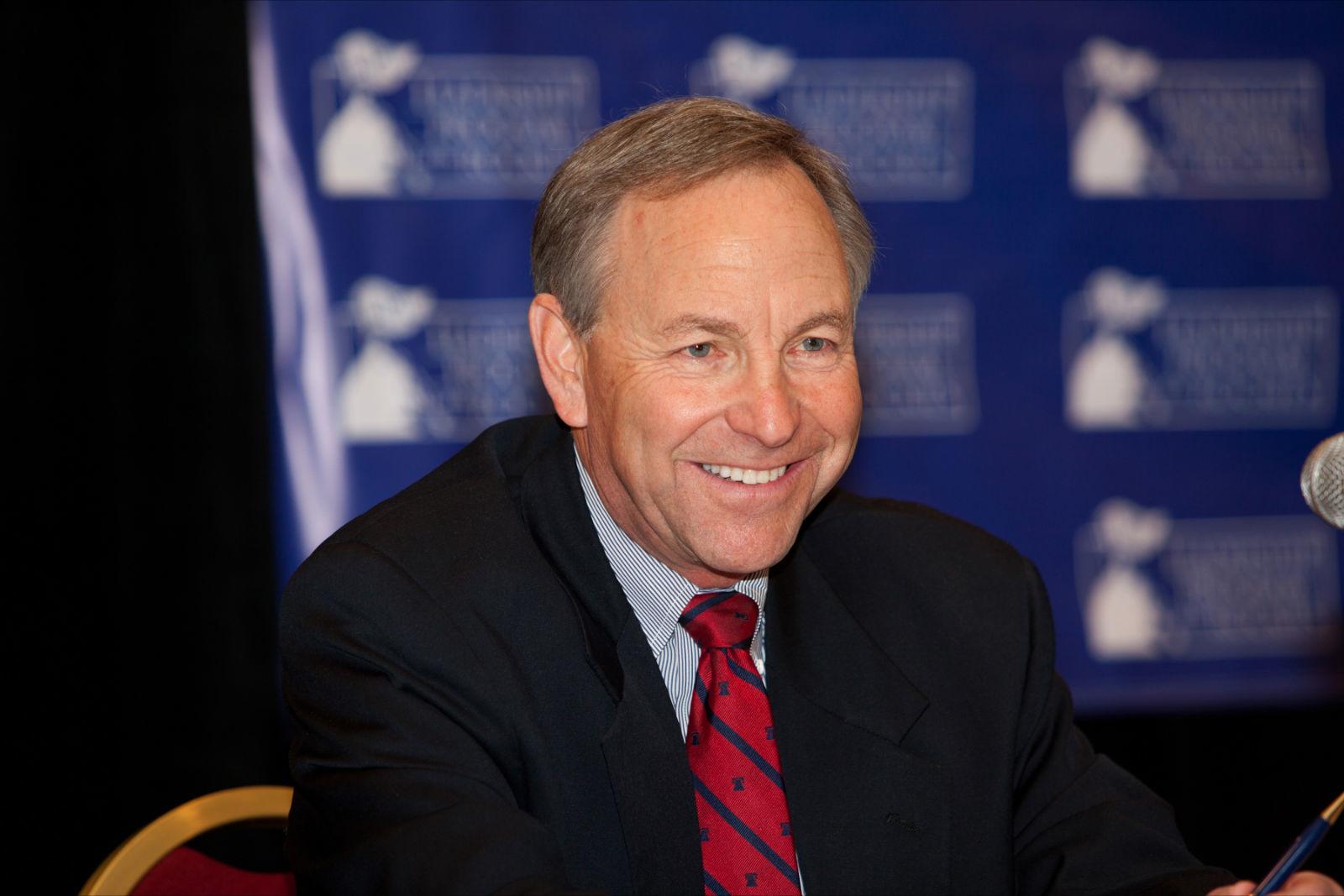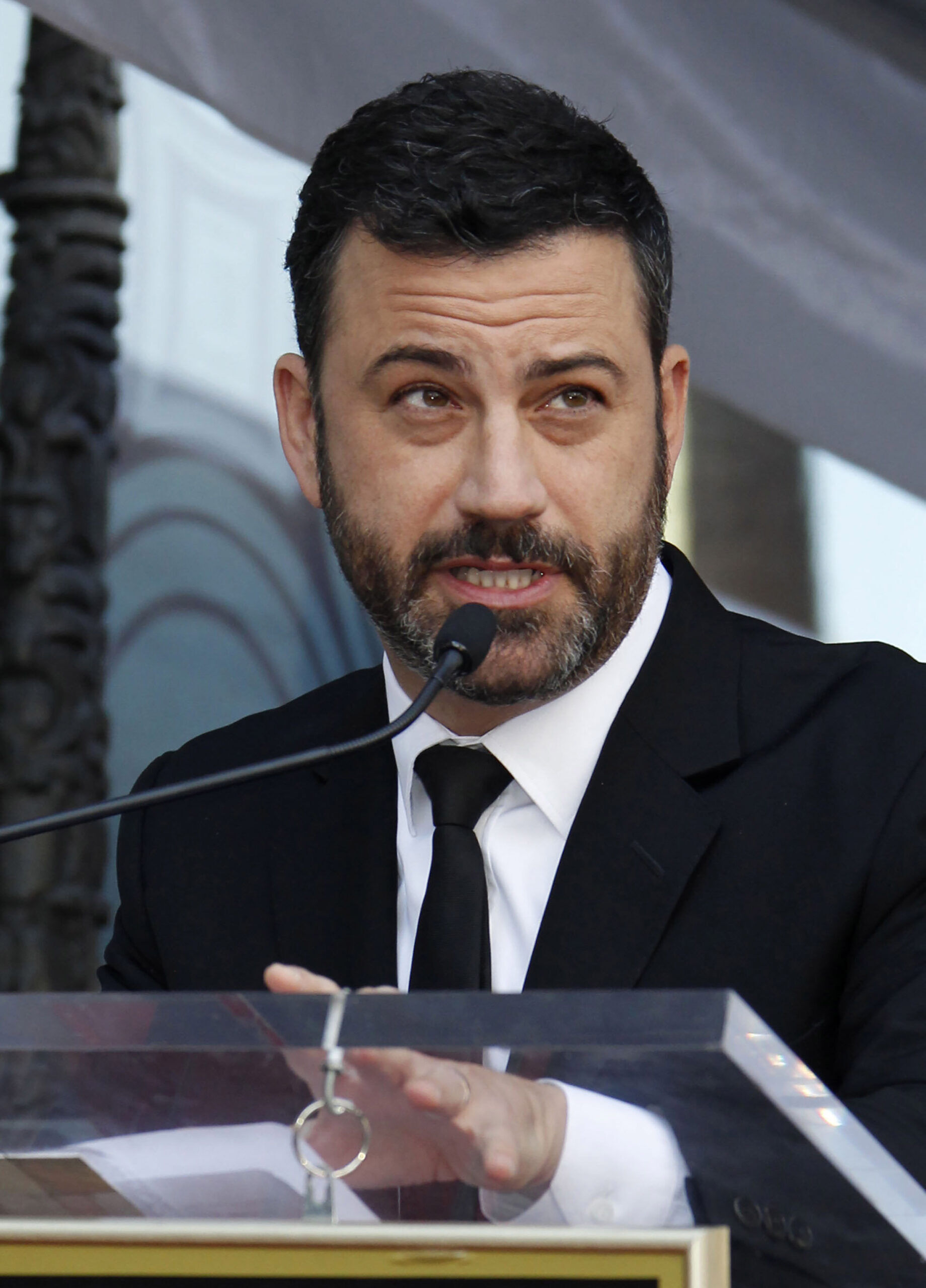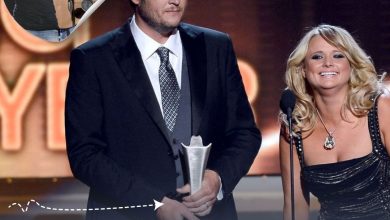Jimmy Kimmel’s defense crumbles as critics say the First Amendment can’t shield him this time.NH

Jimmy Kimmel’s recent “firing” (actually, a mere one-week suspension) as host of ABC’s “Jimmy Kimmel Live” for his false, tasteless, and asinine remarks about Charlie Kirk’s assassination kicked off a firestorm of political controversy between the left and right about freedom of speech. Let’s set the record straight.
The Declaration of Independence and our Constitution were profoundly inspired by our founders’ experience living under the tyranny of the British Empire and King George III over the American colonies. In creating our system of government and its institutions, the founders’ principal concern was to limit government and preserve individual liberty. This is particularly specified in the first ten amendments to the Constitution known as the Bill of Rights, throughout which there are multiple prohibitions of government control over the fundamental rights of the people and the states. Repeated phrases abound such as “Congress shall make no law, the right of the people shall not be infringed, no person shall be held to answer, and no warrants shall issue.”

Jimmy Kimmel at a star on The Hollywood Walk of Fame.
The First Amendment’s protection of free speech was intended by the founders to apply especially to political speech. And, like other fundamental rights, they are not absolute. They’re subject to four vital words: “up to a point.” For example, freedom of religion doesn’t allow human sacrifice. Freedom to bear arms doesn’t include nuclear weapons. The right to assemble
says, “peaceably” assemble. And freedom of speech doesn’t include incitement to riot. It’s unlawful, as are words found to be slanderous or libelous in court.
As much as I was disgusted by Kimmel’s remarks following Charlie Kirk’s assassination, they and the biased, ugly opinions he routinely expresses on air are nonetheless protected by the First Amendment which only prohibits government from abridging Kimmel’s freedom of speech. That’s why FCC Chairman Brendan Carr’s threats to silence Kimmel were out of order.
On the other hand, Kimmel’s private sector employers have no such restraint. If ABC or its parent company, Disney, decide to fire him they have the legal right to do so as well as a financial justification. His audience has been dropping since 2015 and had already plunged from 2.4 million viewers at the beginning of 2025 to 1.1 million in August with ad revenues following suit.
Over at CBS, Kimell’s buddy and fellow leftie Stephen Colbert is being fired for cause. Although his “Late Show” audience is twice the size of Kimmel’s, it has dropped 32% in the last five years, advertising revenues are way down, and CBS is losing more than $30 million on his show this year owing to Colbert’s $20 million salary and the exorbitant cost of his huge staff.
Kimmel’s and Colbert’s sycophantic left-wing audiences may revel in the one-sided diatribes and nasty ridicule of Trump, Republicans, and conservatives prepared by the show’s writers and dished out by these two smug comics, but it drives away half of the American public. TV network owners and executives would be incompetent to stand for that. It’s very bad for business.
As for Kimmel himself, his resume is pretty thin. He dropped out of two different colleges after a year in each and then kicked around in talk radio for a time, being fired from a station in Seattle and then another in Tampa. He later spent five years as “Jimmy the Sports
Guy,” a minor figure for hosts of a morning show in L.A. Realizing his true passion was comedy, he later landed at the Comedy Central cable TV channel, then the home of “The Daily Show,” with Jon Stewart, Stephen Colbert, and a stable of progressive comedians who coddled the left and trashed the right. Kimmel is a quick-witted clown with a history of shooting off his mouth with inflammatory remarks that get him in trouble with his bosses. But, to borrow a classic H.L Mencken witticism, “deep down he’s shallow.”
The king of the TV late-night comedy-variety format with guests was undoubtedly Johnny Carson. At its peak in the 1970s and 80s his viewership was 10 million people (when the US population was 225 million compared to 340 million today) who watched him nightly on their bedroom TVs. Introduced each evening by Ed McMahon with the greeting “Here’s Johnny,” Carson’s opening monologue included jokes and political barbs that were bipartisan and funny but light-hearted. The show was meant to entertain not infuriate or push an ideology. His final show in 1992 drew an audience of 50 million. Jay Leno and Bob Hope had a similar style when it came to politics. Those were the days.





